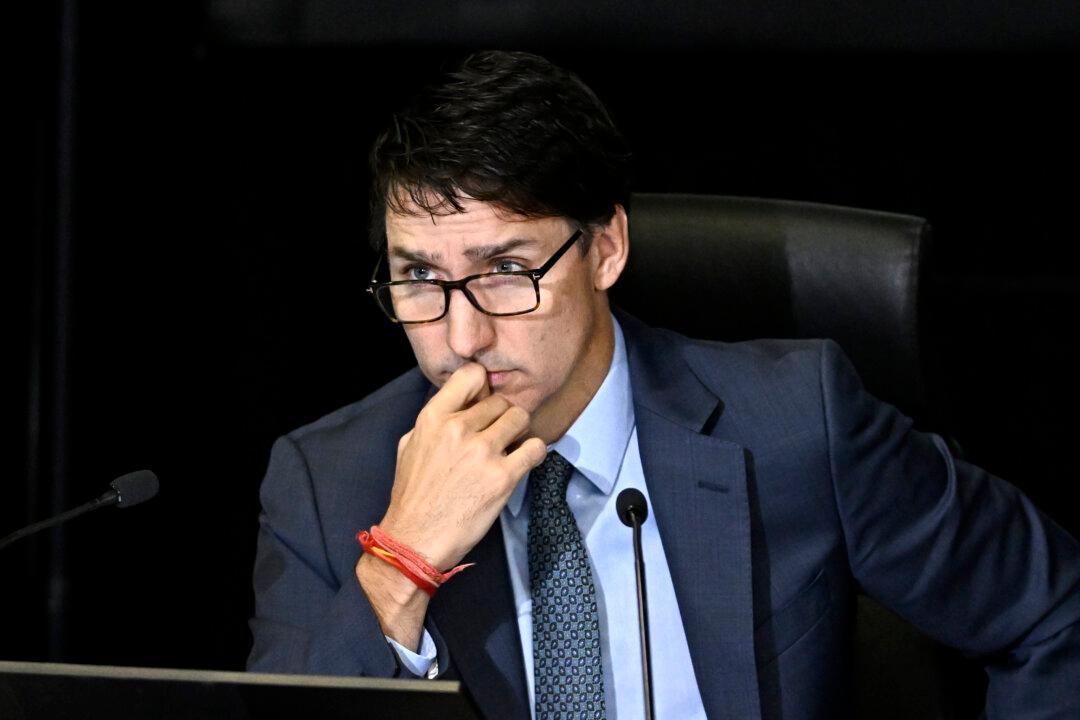Prime Minister Justin Trudeau defended his top security advisers for not providing him with comprehensive reports on the Beijing regime’s interference in a timely manner, saying he didn’t learn anything substantial after reading them.
“There are some interesting factoids or tidbits in there that I said, ‘Oh, okay, that’s interesting,’” Trudeau testified at the Foreign Interference Commission on Oct. 16.





